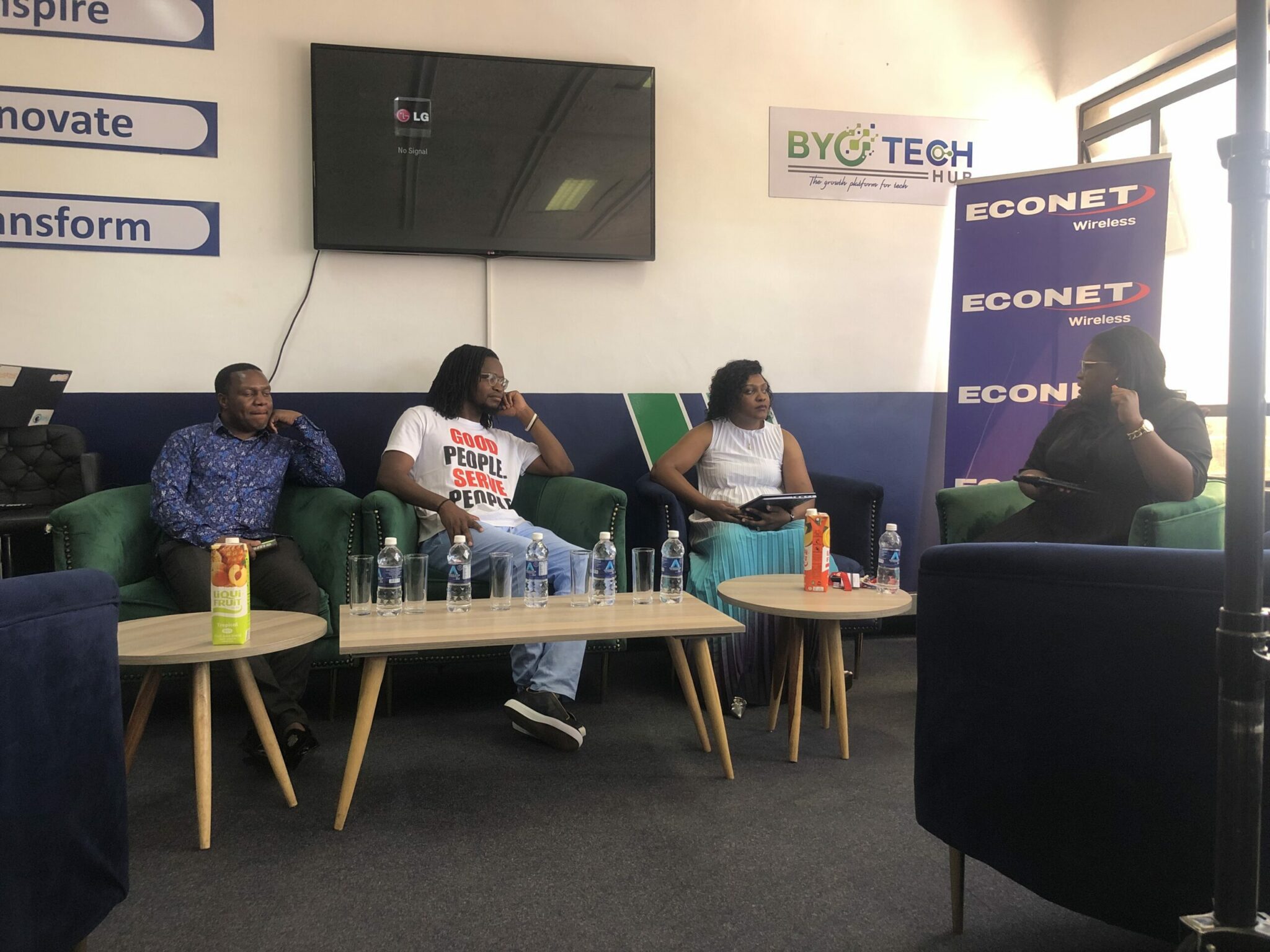By Ndumiso Tshuma
The Global Entrepreneurship Celebration brought together a vibrant community of entrepreneurs on Friday at the Bulawayo Tech Hub, providing a platform for meaningful discussions on the challenges faced by Small and Medium Enterprises (SMEs).
This annual event, celebrated across more than 200 countries, continues to empower startups in navigating the complexities of modern economic landscapes.
Since its inception in 2008, the Global Entrepreneurship Celebration has grown from 77 countries, including Zimbabwe, to a global movement. Its mission remains to connect entrepreneurs with policymakers, investors, and peers, fostering innovation and growth.
Entrepreneurs shared personal experiences of overcoming hurdles in their journeys. Nelly Pausler, Operations Director at Graphic House, reflected on the regulatory challenges she faced in Zimbabwe’s printing industry.
“When we first started, we didn’t register our company, and we had to learn the hard way,” Pausler said. “We faced hefty fines from the National Social Security Authority (NSSA), but after negotiating and paying them, NSSA became one of our biggest clients. Registering your business, despite the challenges, opens doors to larger opportunities and partnerships.”
For clothing retailer Nesissa Ndlovu, currency fluctuations presented a persistent challenge.
“Clients often want to pay in Zimbabwean dollars (ZiG), but my preference is US dollars because I source goods internationally,” Ndlovu explained. “This mismatch results in financial losses and complicates business transactions.”
Victoria Nxumalo, Founding Director of Girls in STEM, highlighted the emotional challenges faced by many entrepreneurs, particularly at the start of their ventures.
“You often feel unsupported, even by close friends and family,” Nxumalo shared. “It’s disheartening to promote products on social media and receive minimal engagement. Emotional resilience is crucial to push through these moments.”
Abigail Sibanda, a farmer, shed light on the capital-intensive nature of agriculture.
“Farming requires significant investment, but financial and manpower support are often hard to secure,” Sibanda said. “When profits fall short, reinvesting personal funds becomes the only way to keep the business afloat.”
Gabriel Phiri, an entrepreneur engaged in online product sourcing, spoke about the inconsistency of goods received versus advertised.
“Products ordered online often don’t meet expectations, leading to client dissatisfaction and financial loss,” Phiri noted. “This inconsistency makes sustaining the business a constant challenge.”

